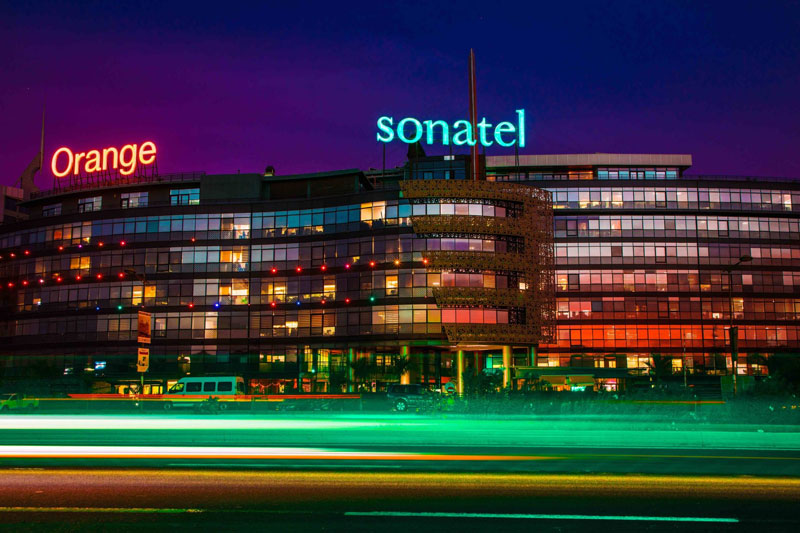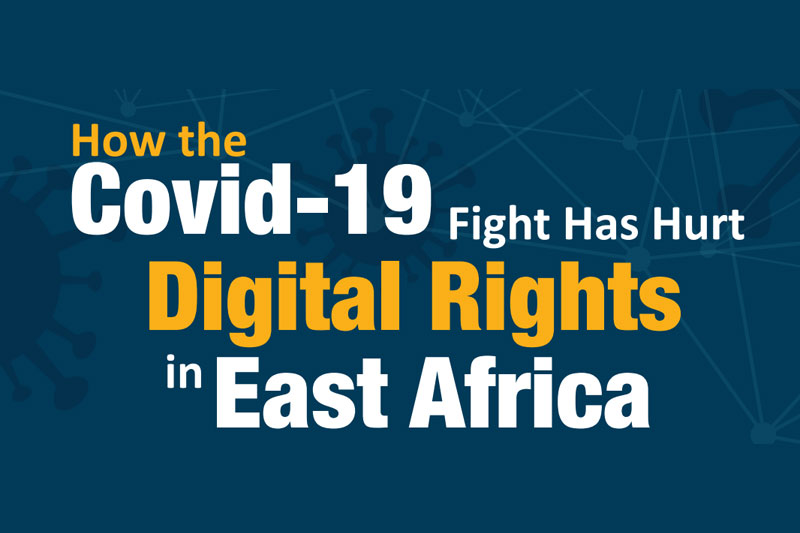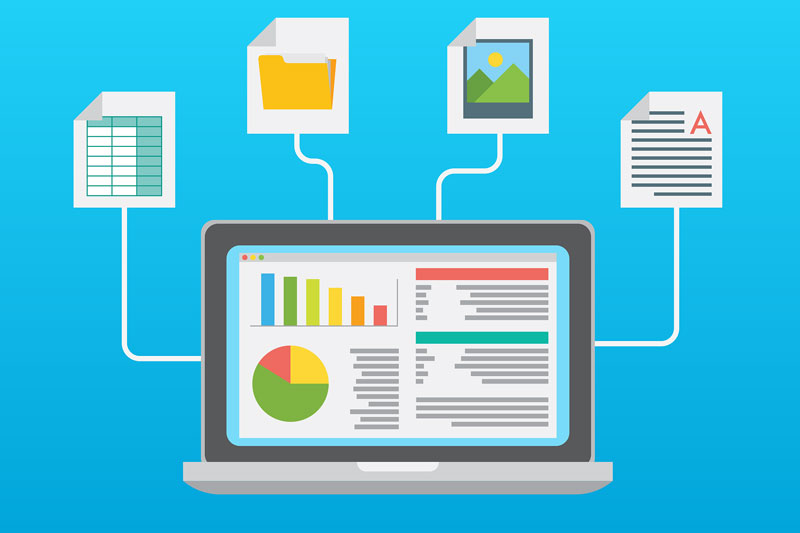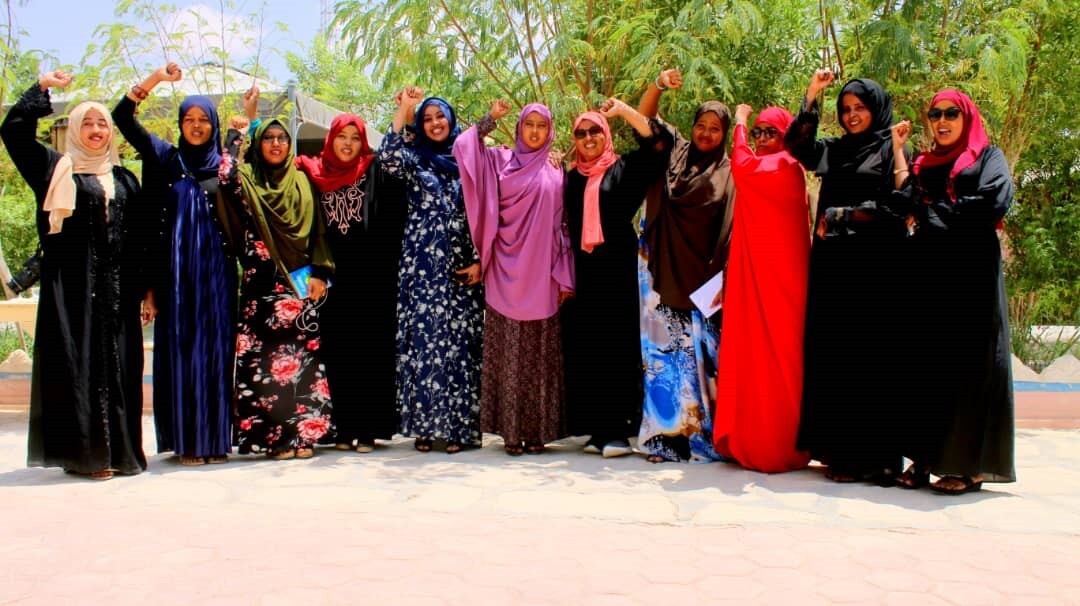Par Astou Diouf |
Le Sénégal a enregistré son premier cas de Covid-19 le 2 mars 2020. Trois semaines plus tard, le 23 mars, le pays a déclaré l’état d’urgence et pris diverses mesures pour freiner la propagation du virus. En réponse à la pandémie, l’Autorité de Régulation des Télécommunications et des Postes (ARTP) a apporté une contribution financière de 117 millions de francs CFA (216 000 dollars US) à la “Force Covid-19”. L’ARTP a également réuni les fournisseurs de services de télécommunications au Sénégal pour solliciter leur soutien dans le cadre des mesures d’urgence.
L’appel aux opérateurs de télécommunications a été lancé en reconnaissance du rôle de la technologie dans les stratégies de riposte à la Covid-19 et du taux de pénétration de l’internet du pays qui est passé de 68,49 % en 2018 à 88,73 % en 2020. En effet, les principaux opérateurs de télécommunications au Sénégal ainsi que l’Agence de l’Informatique de l’État (ADIE) ont joué un rôle décisif dans la lutte contre le virus dans le pays.
Structure administrative autonome, l’ADIE est le principal levier pour la mise en œuvre de la politique et des initiatives d’e-gouvernement en coordination avec les ministères, départements et agences du gouvernement. En réponse à la pandémie, l’ADIE a mis en place une plateforme accessible via covid19.gouv.sn permettant d’accéder à des informations fiables sur la Covid-19, notamment des conseils pratiques et des vidéos de sensibilisation, ainsi que des statistiques sur la propagation du virus au moyen d’une carte interactive. En outre, un “chatbot Doctor covid” accessible sur Whatsapp a été mis en place avec une voix intégrée en français et en wolof.
Les Sénégalais de la diaspora n’ont pas été laissés pour compte dans les efforts de l’ADIE. Afin de garantir un accès équitable à l’aide d’urgence mise à la disposition des citoyens dans le cadre de la task-force Covid-19, l’agence a mis en place une plateforme en ligne pour enregistrer les citoyens à l’étranger afin qu’ils puissent bénéficier de l’aide.
L’ADIE a également mis en place un système de vidéoconférence pour faciliter les réunions à distance entre le Président et le Conseil des ministres. Un système similaire a été mis en place pour le ministère de la Santé et de l’Action Sociale, avec la fourniture de smartphones pour faciliter la communication sur le terrain et la coordination entre les équipes d’intervention.
La SONATEL, qui détient la part du lion (53%) du marché des télécommunications mobiles au Sénégal, a également mené une série d’actions de soutien à la lutte contre la Covid-19. En plus du don de matériel médical au centre Diamniadio, la Sonatel a fourni au ministère de la Santé des Pompiers pour renforcer la capacité du centre d’appel national gratuit contre la Covid-19 (800 00 50 50) et des services de communication gratuits via un groupe fermé d’utilisateurs. En outre, la Sonatel a diffusé des messages de sensibilisation à ses abonnés, a mené une campagne baptisée “Héros en blanc” qui rend hommage au personnel médical du pays et a soutenu l’enseignement à distance avec le Pass éducation gratuit de 1 Go pour l’accès aux contenus éducatifs.
Pour les entreprises et les personnes morales, la Sonatel a facilité le télétravail grâce à l’augmentation de la bande passante en fibre et à la fourniture gratuite de 3 Go de données mobiles pour les abonnés dans le cadre d’Orange Business Services.
Free Senegal est le deuxième opérateur téléphonique du Sénégal avec 25% de part de marché. Comme son homologue Sonatel, Free Senegal a envoyé des messages de sensibilisation à ses abonnés, mettant en avant les mesures préventives à la Covid-19. Il a également fourni une bande passante gratuite et a supprimé les frais de transaction d’argent mobile pour les abonnés ; et a fait un don d’équipements au ministère de la santé, entre autres, en réponse à la Covid-19.
Au niveau opérationnel, Expresso Sénégal a annoncé des plans pour retarder le déploiement de son réseau 4G. Dans une déclaration à l’Agence de presse sénégalaise (APS), l’opérateur a indiqué que “dans un contexte marqué par une crise sanitaire sans précédent et en raison de l’état d’urgence décrété par le gouvernement, Expresso Sénégal reporte le déploiement de son réseau 4G”.
Si les différentes interventions ci-dessus sont louables, certaines d’entre elles constituent une menace pour les droits numériques. Par exemple, le ministère de la santé, en collaboration avec les opérateurs de télécommunications, a mis en place un système de traçage des contacts par téléphone portable pour freiner la propagation du virus au sein de la communauté. La Commission de protection des données personnelles (CDP) a “béni” ces efforts de traçage des contacts, en assurant aux abonnés que la confidentialité et la sécurité des informations personnelles seraient respectées.
En outre, l’adoption de la technologie dans le cadre des efforts de riposte à la Covid-19 est entachée par les faibles niveaux de culture numérique, ainsi que par l’accessibilité et le coût de l’internet, non seulement chez les fonctionnaires, mais aussi chez les groupes marginalisés, notamment les populations rurales, les femmes et les personnes handicapées. Parallèlement, les efforts de numérisation des gouvernements restent limités, certains services publics tels que l’enregistrement des actes d’état civil (naissance, mariage et décès), le signalement des crimes, les permis de séjour et les services de passeport nécessitant souvent une présence physique – contrairement à la volonté des citoyens de rester chez eux.
Les divers efforts du gouvernement et des télécoms mentionnés ci-dessus ont été déterminants dans la lutte contre la Covid-19 au Sénégal en facilitant la mise en place d’équipes d’intervention d’urgence, le travail à distance et l’apprentissage. Cependant, il y a place pour des abus du droit des citoyens à la vie privée et à la liberté d’expression, ainsi que pour l’élargissement de la fracture numérique et l’inhibition de l’accès à l’information. Il est essentiel que les interventions basées sur la technologie contre la Covid-19 soient à la fois inclusives et respectueuses des droits humains. Il faut pour cela que la société civile plaide davantage contre les mesures régressives, et que les opérateurs de télécommunications et le gouvernement fassent des efforts pour améliorer la connectivité rurale, la numérisation et l’accessibilité numérique des groupes marginalisés.
Astou Diouf est une boursière du CIPESA 2020 qui se concentre sur le rôle des intermédiaires et des fournisseurs de services Internet dans la lutte contre la Covid-19 au Sénégal, notamment sur des questions telles que la facilitation d’un accès accru à l’Internet, les atteintes à la vie privée et aux données personnelles, et la réglementation des contenus.





